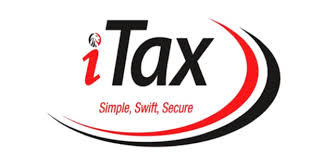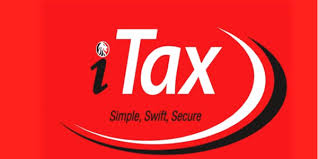KRA Extends Rental Amnesty to Landlords
One of the ambitions that most Kenyans share is that of becoming a homeowner and perhaps even a landlord with several properties dotting the skyline. Real estate is and continues to be a lucrative business even as urban populations grow and the need for housing (especially the affordable kind) grows. Although real estate is lucrative, quite a number of landlords have not been tax compliant. This has been blamed on poor record keeping, low taxes knowledge as well as fear of huge back taxes. Thankfully, there is a ray of hope for Kenyan landlords.
The government is not viewed as very forgiving, especially when it comes to taxes. Nevertheless, KRA (Kenya Revenue Authority) is extending rental amnesty to landlords. This will see landlords who pay their tax arrears for 2014 and 2015 not have to pay for what they may owe in back taxes for 2013 and prior years. The rental amnesty runs from July 2015 to June 2016 and is a one time offer. The amnesty came about after landlords lobbied the government and is meant to rope in over 20,000 landlords that have not been tax compliant.
KRA held a public forum at the Nailab courtesy of BAKE (Bloggers Association of Kenya) to demystify rental amnesty as well as the simplified tax regime. The highlights of the very informative session were:
- Eligibility for amnesty is for landlords who voluntarily disclose undeclared rental income for years of income 2014 and 2015 and submit returns (original or amended) shall be eligible for 100% amnesty for interest and penalties upon full payment of the principal tax due. They will also be eligible for 100% tax amnesty for income for 2013 and prior.
- Deceased landlords are eligible for amnesty.
- Kenyans living in the diaspora are eligible for amnesty.
- Landlords currently being audited or under investigation are not eligible for amnesty.
- Companies that own property are not eligible for amnesty. It’s open only to individual landlords.
- The simplified tax regime will see landlords pay a flat rate regime of 10% on gross rent.
- Landlords who cannot provide expenditure records will enjoy a deduction of 40% of the gross rental income as expenditure.
Some of the questions that were asked during the session were focused on the definition of a landlord. The KRA officials that were present during the session verified that any individual that lets out a property is a landlord. This means that even those who sublet their SQ are also considered landlords. Even more interesting, those who sublet even a room or couch in their house through such platforms as AirBnB are considered landlords and should declare their rental income.
In as much as KRA is extending amnesty to landlords, it comes with a warning for those who do not comply. Punitive measures will be meted out on landlords who do not comply within the recommended time including possession of their property and backdating of taxes to up to 7 years. KRA is confident they will be able to catch up with landlords that don’t comply due to information sharing between government bodies.
Download the amnesty application here and file returns on iTax. Payment can be made through the MPesa Pay Bill number 572572. You can get a step by step guide on how to apply for rental amnesty here. For further inquiries on rental amnesty email KRA on rentalincome@kra.go.ke
http://www.mwendengao.com/2015/10/02/kra-extends-rental-amnesty-to-landlords/LifestyleNewsFinance Act,Kenya Revenue Authority,KRA,Rental Amnesty,taxes



The Kenya Revenue Authority (KRA) is conducting a countrywide crackdown on landlords who will have failed to file returns by today’s deadline. It has sent tax compliance notices to more than 60,000 landlords across the country.
Information give : https://jiji.ng/lagos/houses-apartments-for-rent